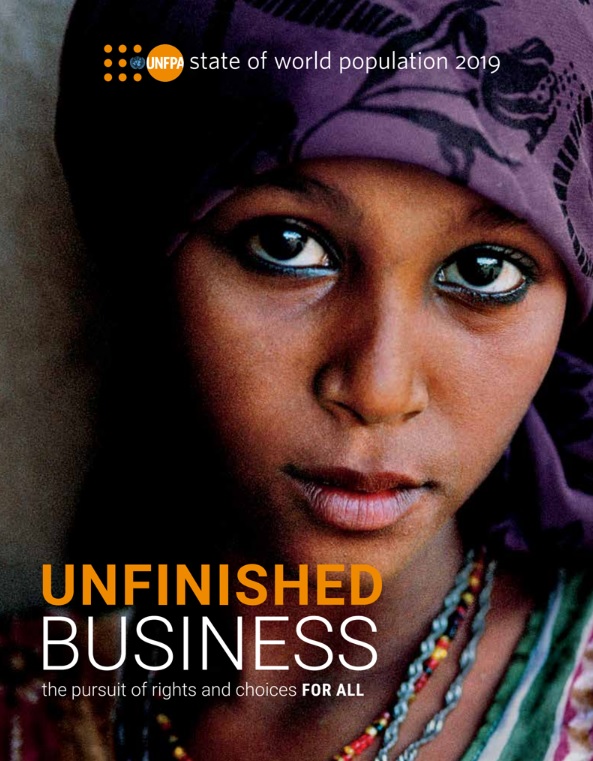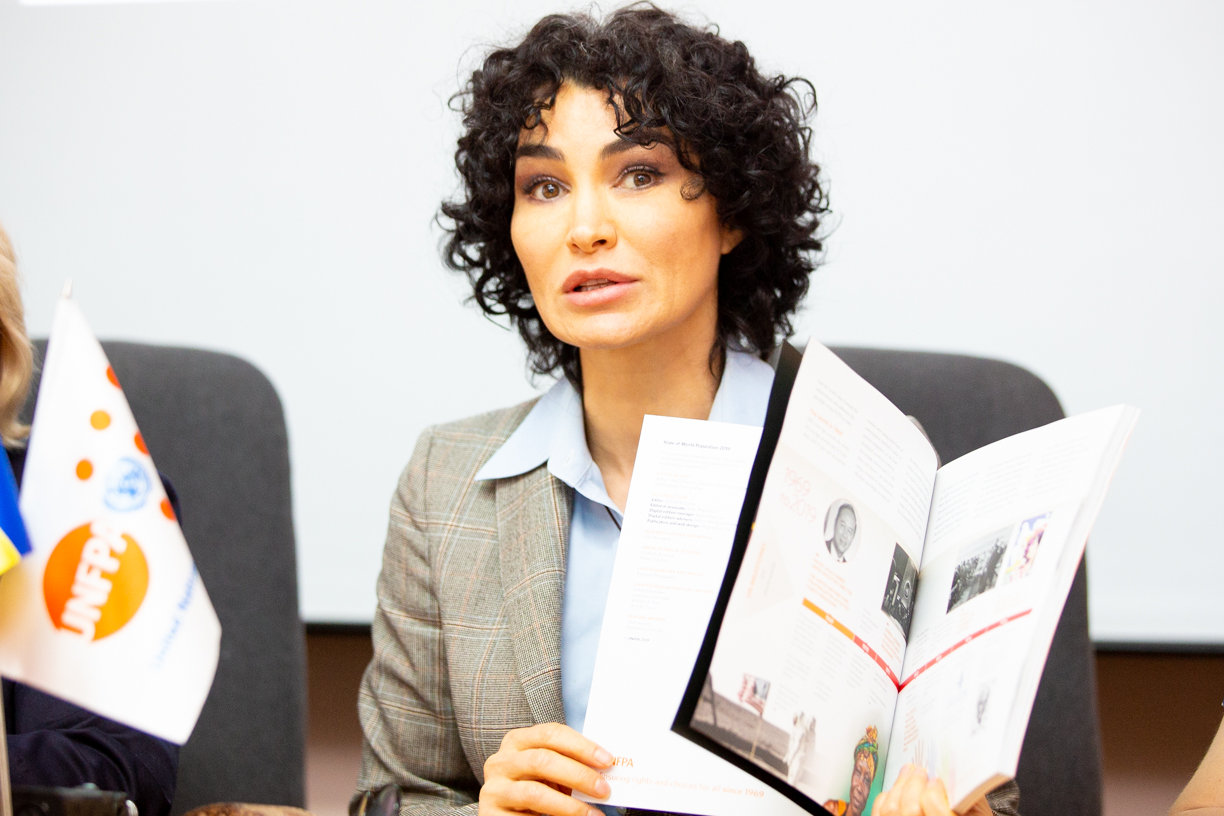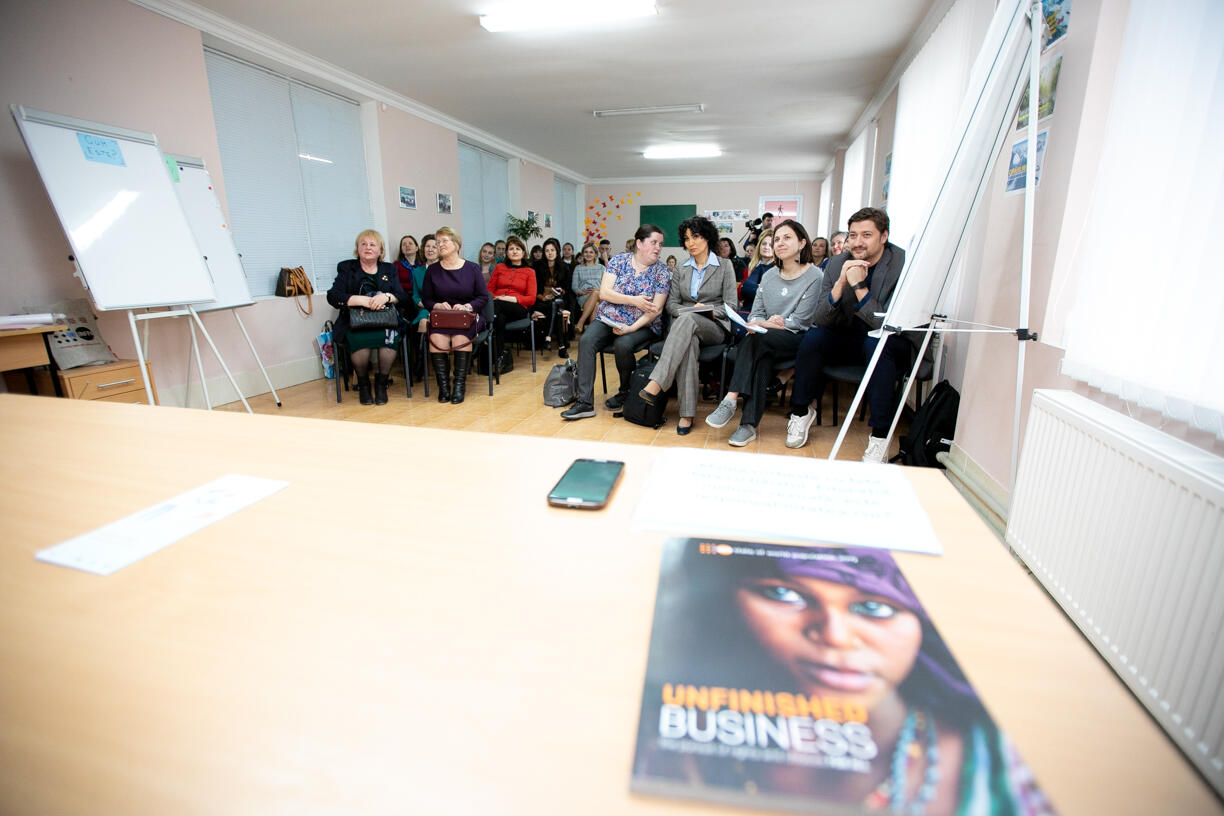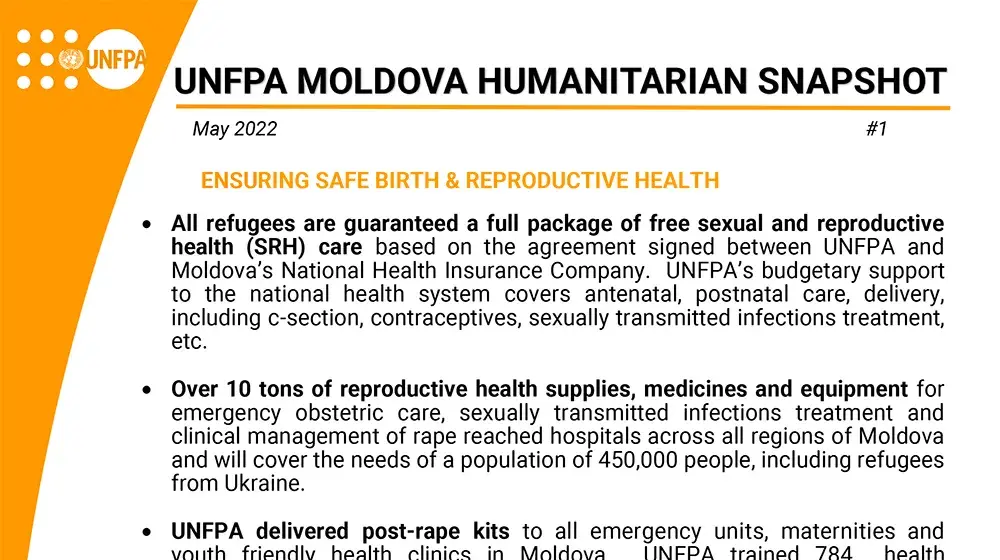The global reproductive rights movement that began in the 1960s transformed the lives of hundreds of millions of women, empowering them to govern their own bodies and shape their own futures. But despite the gains made over the past 50 years, since the establishment of UNFPA, the United Nations sexual and reproductive health agency, the world still has a long way to go before rights and choices are claimed by all, according to the State of World Population 2019, released by UNFPA on 10 April 2019.

The efforts of the reproductive rights movements have dramatically reduced the number of unintended pregnancies and maternal deaths, and have cleared the way for healthier, more productive lives for untold millions, the new UNFPA report says.
The report traces advances in reproductive health on the anniversaries of two important milestones. It has been 50 years since UNFPA began operations in 1969 as the first United Nations agency to address population growth and reproductive health needs. It is also the 25th anniversary of the 1994 International Conference on Population and Development (ICPD), where 179 governments called for all people to have access to comprehensive reproductive health care, including voluntary family planning, and safe pregnancy and childbirth services.

In Moldova the SWOP Report was launched through an inter-generational discussion at a Youth Centre in Ungheni district, where young people, parents, local specialists, analyzed together with experts how the reproductive rights and choices evolved over time and what are the bottlenecks on the way to universal progress in this area.
Rita Columbia, UNFPA Representative in Moldova, mentioned that a lot of progress was made over the last years in the country. Maternal mortality decreased, access to modern contraceptive methods increased, women became more independent. Progress was not equal for all though. Vulnerable people, including young people, are still affected.
‘We believe that health education must be taught in every school. Young people need to be involved in after-school activities to learn who they are and to develop free of stereotypes and prejudice. This is the only way in which we can ensure the full realization of their rights and choices’, Rita Columbia said.
Facts and figures from the global report:
● Number of deaths of women from pregnancy-related causes per 100,000 live births, worldwide: 369 in 1994; 216 in 2015.
● Global modern contraceptive prevalence rate: 24 in 1969; 52 in 1994; 58 in 2019.
● Global fertility rate, or average number of births per woman: 4.8 in 1969; 2.9 in 1994; 2.5 in 2019.
● The highest unmet needs for sexual and reproductive health services are among marginalized groups, including minority ethnic groups; young people; unmarried people; lesbian, gay, bisexual, transgender and intersex people; people with disabilities; and the rural and urban poor.
● An estimated 800 million women alive today were married when they were children.
● Every day, more than 500 women and girls in countries with emergency settings die during pregnancy and childbirth.





